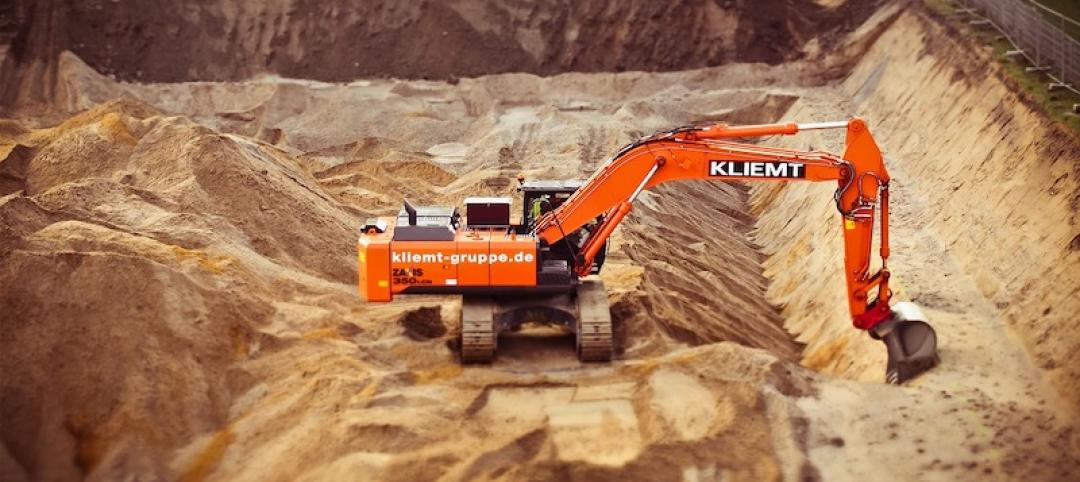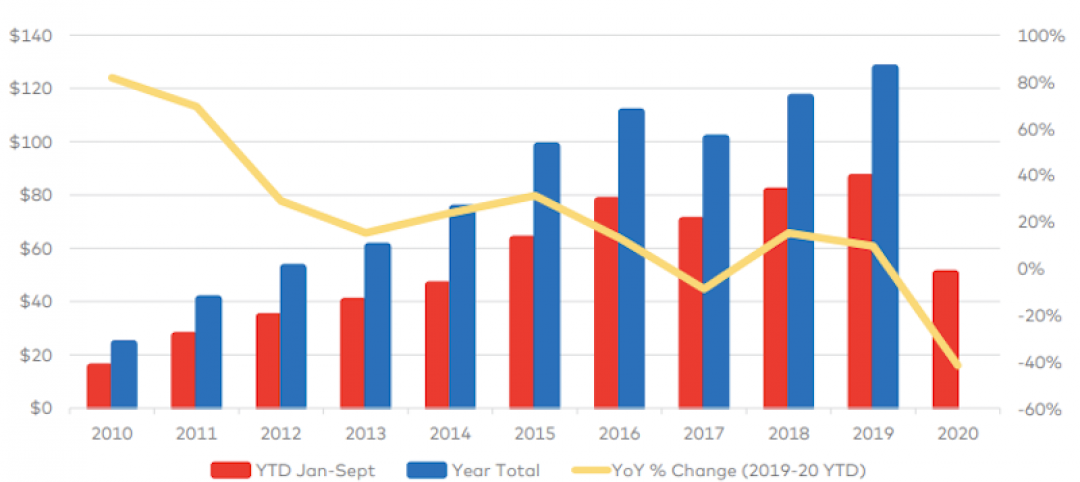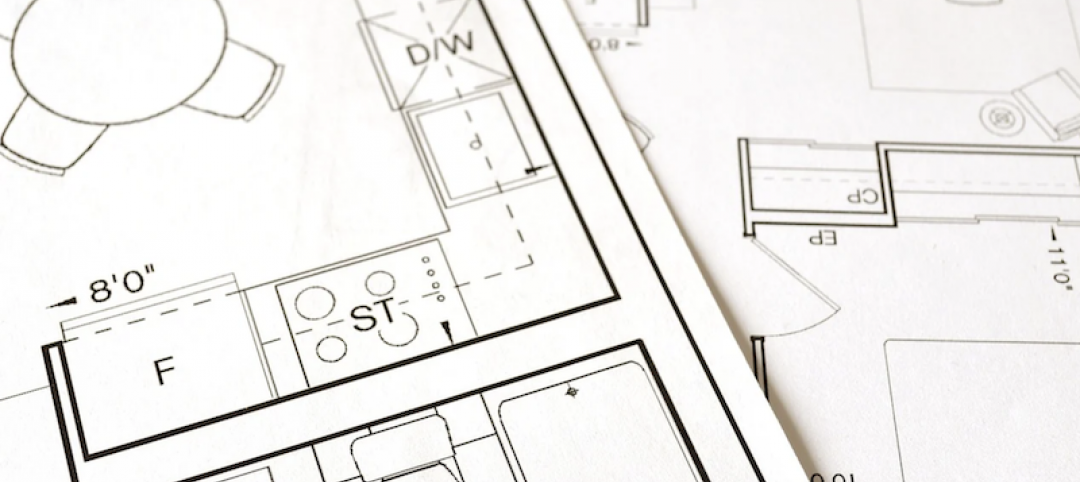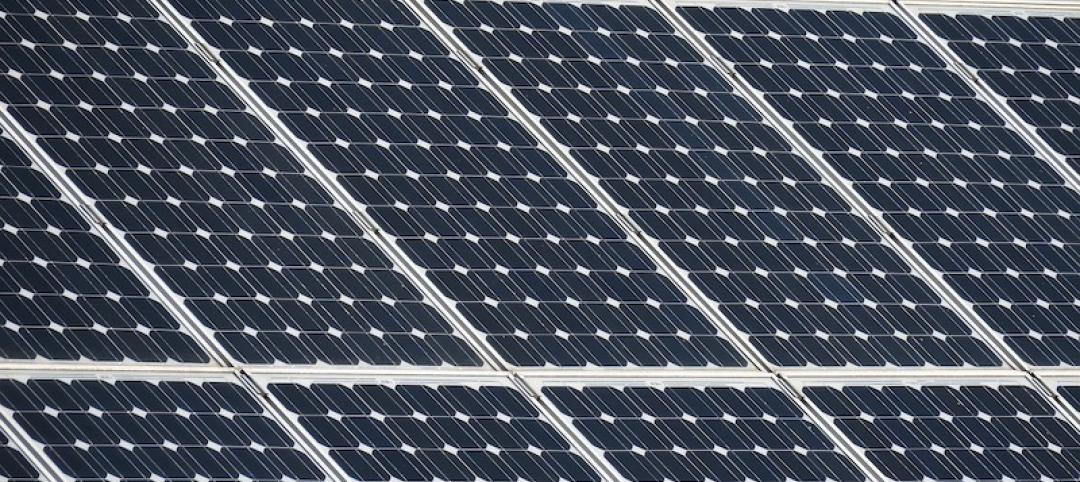Overall construction input prices rose 0.7% in February, slightly lower than the rate set in January, according to an Associated Builders and Contractors (ABC) analysis of Bureau of Labor Statistics data. Compared to February 2017, prices are up 5.2%. Nonresidential construction materials prices are also up 0.4% on a monthly basis and 4.9% compared to the same time last year.
Prices for all 11 subcategories increased year over year, and only three saw monthly declines. Crude petroleum saw the largest drop in price, falling 7.3% for the month, though it is up 16.6% on a year-over-year basis. Prices were also down for prepared asphalt, tar roofing and siding products (-4.9%) and nonferrous wire and cable (-2.6%). The largest monthly increase was in natural gas, which rose 23.5% in February. The rise in natural gas and drop in crude petroleum is a reversal of what was seen in January’s data.
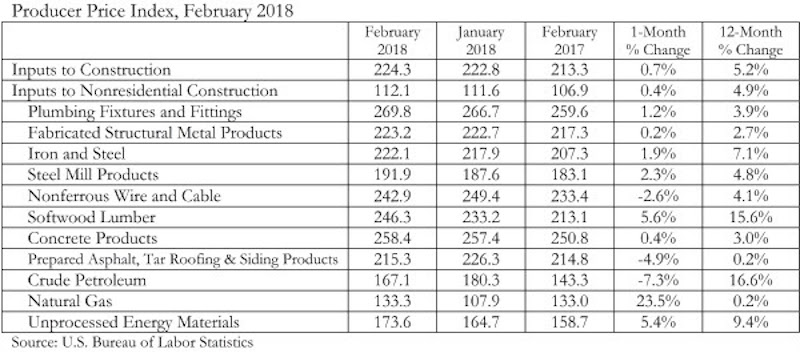
“For the last several months, construction firms have become increasingly concerned about rising construction materials prices,” said ABC Chief Economist Anirban Basu. “Today’s data show those concerns are warranted. A confluence of factors will likely continue to push materials prices higher in the months to come. These factors include global monetary policy, which continues to help accelerate growth in much of the world, a strong U.S. construction market and a policymaking environment that has impacted the price of softwood lumber, steel and aluminum.
“Recently enacted tariffs are making headlines, but steel prices were already rising rapidly,” said Basu. “Based on today’s report, iron and steel prices rose 7.1% from February 2017 to February 2018. The price of steel mill products was up 4.8%, while the price of softwood lumber was up 15.6%.
“On top of materials price increases are, of course, expanding human capital shortfalls and rising compensation costs,” said Basu. “These factors have likely moderated near-term confidence among construction firms regarding profit margin growth in the midst of a healthy economy.”

Related Stories
Market Data | Jan 5, 2021
Barely one-third of metros add construction jobs in latest 12 months
Dwindling list of project starts forces contractors to lay off workers.
Market Data | Jan 4, 2021
Nonresidential construction spending shrinks further in November
Many commercial projects languish, even while homebuilding soars.
Market Data | Dec 29, 2020
Multifamily transactions drop sharply in 2020, according to special report from Yardi Matrix
Sales completions at end of Q3 were down over 41 percent from the same period a year ago.
Market Data | Dec 28, 2020
New coronavirus recovery measure will provide some needed relief for contractors coping with project cancellations, falling demand
Measure’s modest amount of funding for infrastructure projects and clarification that PPP loans may not be taxed will help offset some of the challenges facing the construction industry.
Market Data | Dec 28, 2020
Construction employment trails pre-pandemic levels in 35 states despite gains in industry jobs from October to November in 31 states
New York and Vermont record worst February-November losses, Virginia has largest pickup.
Market Data | Dec 16, 2020
Architecture billings lose ground in November
The pace of decline during November accelerated from October, posting an Architecture Billings Index (ABI) score of 46.3 from 47.5.
AEC Tech | Dec 8, 2020
COVID-19 affects the industry’s adoption of ConTech in different ways
A new JLL report assesses which tech options got a pandemic “boost.”
Market Data | Dec 7, 2020
Construction sector adds 27,000 jobs in November
Project cancellations, looming PPP tax bill will undercut future job gains.
Market Data | Dec 3, 2020
Only 30% of metro areas add construction jobs in latest 12 months
Widespread project postponements and cancellations force layoffs.
Market Data | Dec 2, 2020
New Passive House standards offers prescriptive path that reduces costs
Eliminates requirement for a Passive House consultant and attendant modeling.




